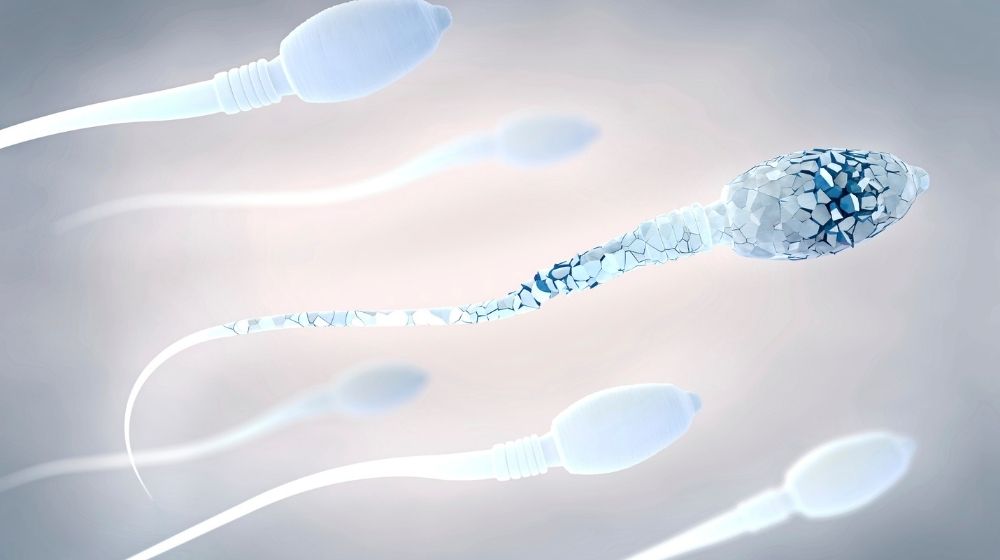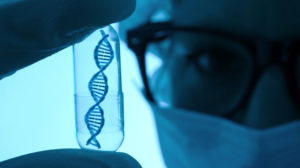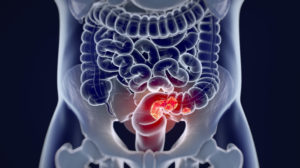Understanding sperm epigenetics may help improve your reproductive health. Read on to learn all about it.
RELATED: How Does An Epigenome Work? Understanding The Critical Element In Aging
In this article:
Sperm Epigenetics: 9 Tips For Healthier Swimmers
Decline of Sperm Health
Normally, we associate sperm health with sperm count or the quantity of sperm. However, sperm health also refers to the quality of sperm as well.
Sperm quality, usually refers to the motility and morphology of sperm. So when researchers examine sperm quality, they’re looking at the shape and forward progression rate.
Apart from these factors, researchers also consider the DNA health of sperms. When sperm contains DNA errors, such as Y-chromosome problems, it compromises the sperms’ health.
Several studies show that there is a trend of declining sperm health in men from western countries. This decline is characterized by a decrease in sperm amount and the overall quality of individuals’ sperm.
Between 1973 and 2011, sperm count and concentration declined by at least 50%. Other studies show that this decline may have started by the 1930s. On top of that, these studies don’t include the percentage of men with fertility issues.
While there is a decline in sperm health, most men’s sperm count still falls within the normal range. It’s still important to understand the reasons behind this decline and how to promote better sperm health.
Sperm Quality and Epigenetics
This modern technological age has a lot to offer, but the lifestyle changes that come with it can sometimes have detrimental effects on the healthspan—including reproductive health. Scientists are still figuring out the exact causes of sperm health decline, but they have a few guesses.
Changes in average reproductive age, nutrition, physical activity, and chemical exposure may contribute to this decline. But here’s some good news—the field of epigenetics may help.
What is epigenetics? It’s a scientific field that examines how an individual’s behavior and environment affects gene expression and, in turn, their healthspan.
Studies show that certain lifestyle and environmental factors can modify epigenetic patterns. You have no control over the structure and composition of your DNA, but your lifestyle has the ability to alter your DNA’s expression. So there are things you can do to improve your healthspan—including sperm health.
RELATED: Managing Your Cellular Health: What Does It Mean?
9 Tips For Healthier Sperm Epigenetics
Research shows that lifestyle and environmental factors can affect the epigenetic blueprint of sperm. Here are some things you can do to help promote healthier swimmers:
- Maintain healthy glucose levels and body mass index (BMI). A high BMI is linked to poor sperm quality. On top of that, studies show that there are epigenetic alterations among people with obesity and diabetes. That’s why it’s essential to maintain a healthy weight by eating a well-balanced diet.
- Eat the rainbow. Research suggests that certain dietary agents can either alter normal epigenetic states or reverse abnormal gene expression. This includes foods rich in phytochemicals such as cruciferous vegetables, certain fruits, soy products, herbs, and spices. Other studies also suggest that eating a healthy diet may improve sperm concentration and motility.
- Avoid alcoholic beverages. One cross-sectional study shows that habitual alcohol consumption is linked to changes in reproductive hormones and lower sperm quality. Also, excessive alcohol consumption can modify DNA transcription factors.
- Minimize caffeine intake. Studies show that caffeine intake may contribute to sperm DNA damage, so try not to overdo it with caffeinated beverages.
- Quit smoking and recreational drugs. Tobacco exposure contributes to a variety of adverse health outcomes, and it may impact male reproductive health. Studies show that cigarette smoking significantly changes sperm DNA methylation patterns, reduced sperm count, reduced sperm motility, and fewer morphologically normal sperm.
- Avoid unnecessary prescription medication. Certain medications may cause abnormal semen production. Long-term medication can also cause changes in epigenetic homeostasis.
- Improve sleep quality. Sleep disturbances have adverse effects on semen volume and sperm function. On top of that, another study shows that sleep duration has an impact on sperm DNA health.
- Reduce chemical exposure. Certain chemicals can affect sperm epigenetics. For example, phthalates exposure is associated with a higher sperm DNA death, more sperm DNA damage, lower sperm concentration, and poorer motility. You can find phthalates in various personal care products and home products.
- Manage psychological stress. Animal studies show that stressful experiences can change sperm epigenetics. So it’s important to identify your stressors and find ways to manage them. The good news is that these changes may be reversed. Studies show that positive experiences can reverse the epigenetic effects of traumatic stress on sperm.
Taking care of sperm epigenetics isn’t just vital for your healthspan, but it may be important for your offspring’s healthspan as well. Research shows that epigenetic information can be carried from the sperm and impact gene expression in the offspring.
The field of epigenetics shows us how we can optimize our healthspan. If you’re interested in learning more about this, visit the TruDiagnostic website today.
What are your thoughts on sperm epigenetics? Do you think these tips will make a difference? Please share your thoughts with us in the comments section below.
Up Next:





